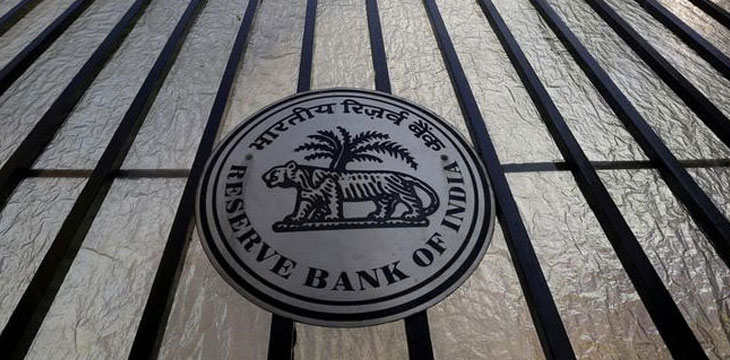|
Getting your Trinity Audio player ready...
|
CoinRecoil isn’t the only exchange in India to call out the Reserve Bank of India’s (RBI) ban on banks working with cryptocurrency exchanges. Flintstone Technologies Pvt. Ltd. has joined in on the action, petitioning the courts to reverse the bank’s ruling. The Delhi High Court has indicated that it will hear the case on May 24, ANI News reported.
Flintstone’s director, Amit Lakhanpal, submitted the petition to the Delhi High Court for its business operated as Money Trade Coin (MTC). Lakhanpal indicated that the company had seen a successful first quarter in trading, but that investors were spooked following RBI’s announcing, resulting in a significant decrease in operations.
In his petition, Lakhanpal explained, “When we started our business, we wrote to all relevant ministries and officials to ensure that our business model was in line with all statutory guidelines. But these arbitrary decisions by regulators and certain financial institutions have jeopardized our business interests. Today, we have been made to look guilty in front of our investors for no fault of ours.”
The RBI recently implemented the ban, stating that no entity under its control could conduct business with any entity or person that was involved with the cryptocurrency industry. The move, scheduled to take effect on June 6, saw immediate fallout from several exchanges, with requests for the court to rule the decision as unfair and unconstitutional.
In addition to the RBI, the cryptocurrency operators have also petitioned the courts to issue notices to the finance ministry and the Goods and Services Tax Council; the latter specifically for not taking measures to define tax structures on cryptocurrency operations.
The RBI argues that it has the authority to prohibit activity under several government regulations, specifically Section 35A read with Section 36(1)(a) of Banking Regulation Act, 1949, Section 35A read with Section 36(1)(a) and Section 56 of the Banking Regulation Act, 1949, Section 45JA and 45L of the Reserve Bank of India Act, 1934 and Section 10(2) read with Section 18 of Payment and Settlement Systems Act, 2007.
It adds that the cryptocurrency industry doesn’t offer consumer protection or market integrity, and that it does little to prevent cryptocurrencies from being used in money-laundering activity. What it fails to see, though, is that those same issues are just as prevalent in traditional money markets, as well as in many financial institutions.

 02-26-2026
02-26-2026 




